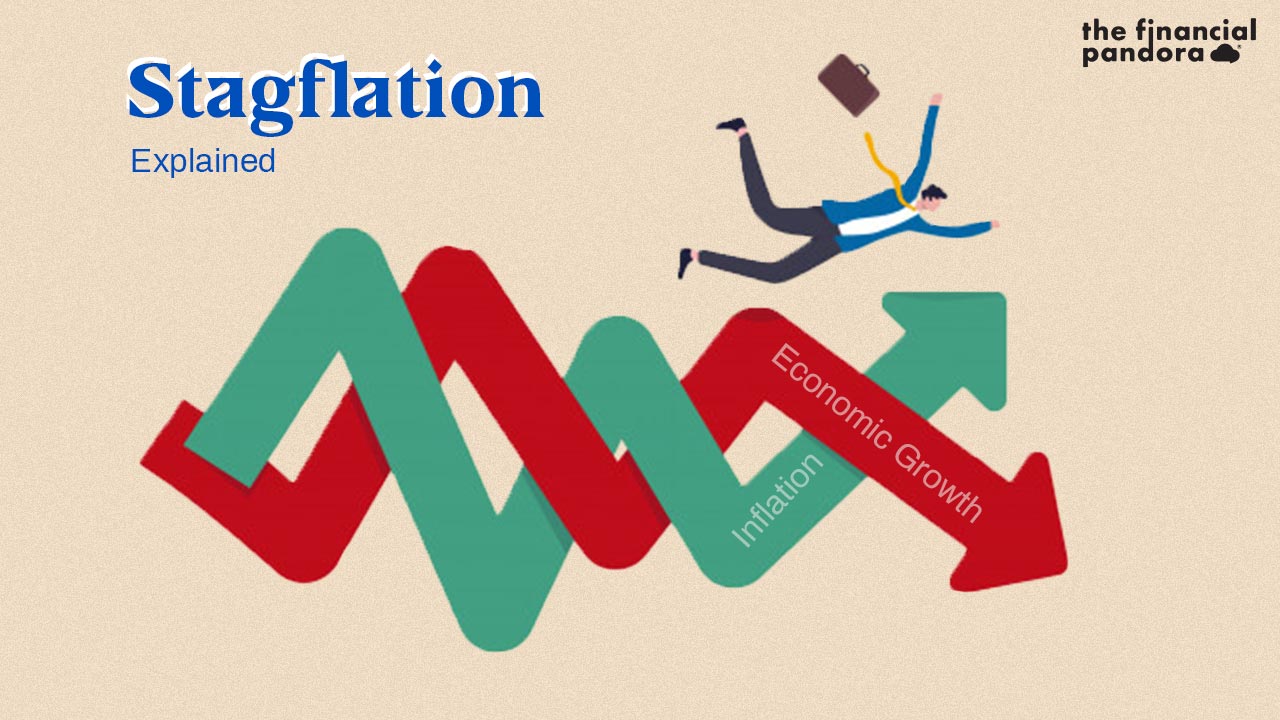You guys must have heard about delisting recently in news! In this post, we try to decode what is delisting and some nuances about this concept.
Delisting in a common parlance means removal of all the shares that are ‘listed’ (or traded by the people in general) on a stock exchange.
In another words, the shares are effectively taken down from the exchange.
To give you a glimpse we talk a little more about delisting, we assure you, after this you will have a good idea about this conceptTypes of Delisting
Broadly, there are two types of delisting
- Voluntary Delisting
In voluntary delisting, the promoters of the company along with the board of directors decide to delist the company from a stock exchange (or remove the shares of the company in question from a stock exchange)
Now you might be wondering why will a company do that?
This could be due to various reasons like the company might have excess cash balance available (and they might not have a good use of the excess cash), the company wishing to go private
WHY? For a simple reason to not disclose huge amount of information quarterly to its ‘public’ shareholders, company wanting to concentrate on the long term plans.
There could also be a different reason. Say, if a company believes that its shares have not been ‘treated’ properly by the shareholders.
What this means is there is undue pessimism among the public against the company, which is unjustified and the company believes that it could use this opportunity to buy its shares from the current ‘holders’ or the investors at a good discount to its ‘true’ value. (what the co believes its own worth or true value to be)
Now this pessimism could be due to some temporary phenomenon like oil price decline for oil retailers, the current pandemic (a debatable point indeed, but outside the scope of the current article), some business cycle downturns, etc.
This could be also a good thing for shareholders in a way that generally, companies may pay a relative premium to the current ‘low’ prices which the latter believes is still a ‘cheap’ price to effectively take itself private.
Now, you might be wondering why the company cares about the temporary phenomenon or about the undue pessimism? This can be quite subjective for the company, but generally a lower price of a stock may lead to bad PR, reputational damage, stakeholder dissatisfaction as this causes wealth deterioration for common investors/traders who can’t handle ‘short term’ falls in the prices etc.
- Compulsory delisting
In case of compulsory delisting, the regulating authority like the SEBI in India can ask a company to be compulsorily delist from the stock exchange if the company has not complied with the listing obligations, guidelines of the stock exchange or is involved in frauds, etc.
This is a kind of delisting where the company is penalised for its wrong acts.
Recent trends
Recently, there have been certain companies, that were in news because they are considering to delist the shares of the company from the stock exchange. These include some big tickets like Vedanta, Adani Power, and Hexaware Technologies.
To explain the concept better, Vedanta has decided to delist itself from the bourses (a jargon used for stock exchanges, remember it :p) after the company reported a humongous quarterly loss of Rs. 12,531 Crore. Now, the company actually played smartly.
DON’T WORRY! Explaining: The company’s hasn’t effectively suffered a loss but has taken an impairment write off (loss, in simple words).
Okay what is that? Impairment, in lay man’ terms means it’s an accounting charge not an effective ‘cash outgo’ or a real loss.
Now, after this news, as expected the stock price took a nose dive and the company announced that soon it will be ‘delisting’ its shares (buying its shares back at a new price, which will be pre-decided).
Okay, everything is good except what is that impairment loss? That impairment loss was taken only due to ‘fall’ in prices of copper, iron ore and oil (you all must have guessed this by now, this happened due to COVID-19, the demand for these ‘metals’ will fall due to ‘fear’ among businesses to invest in such an ‘uncertain’ time, and hence the price went down). Now, Vedanta is effectively a sort of a natural resource company and these are its ‘inventory’ or assets on the balance sheet.
Now, what is interesting to note and quite obvious too, that post the news of the delisting, the share prices of these companies have seen an upward trend as this delisting news would probably arouse interest within the investor community to buy these shares as the exit price that the company would offer would be higher than the current low market prices as the prices have declined tremendously post Covid 19 scenarios.
Until next time!
Liked the Article you just read? Show us your support by clicking that like button and sharing it with your friends using #tfpforall. Also don’t forget to leave your thoughts about the article in the comment section below.
You can become a part of our mailing list by clicking here




